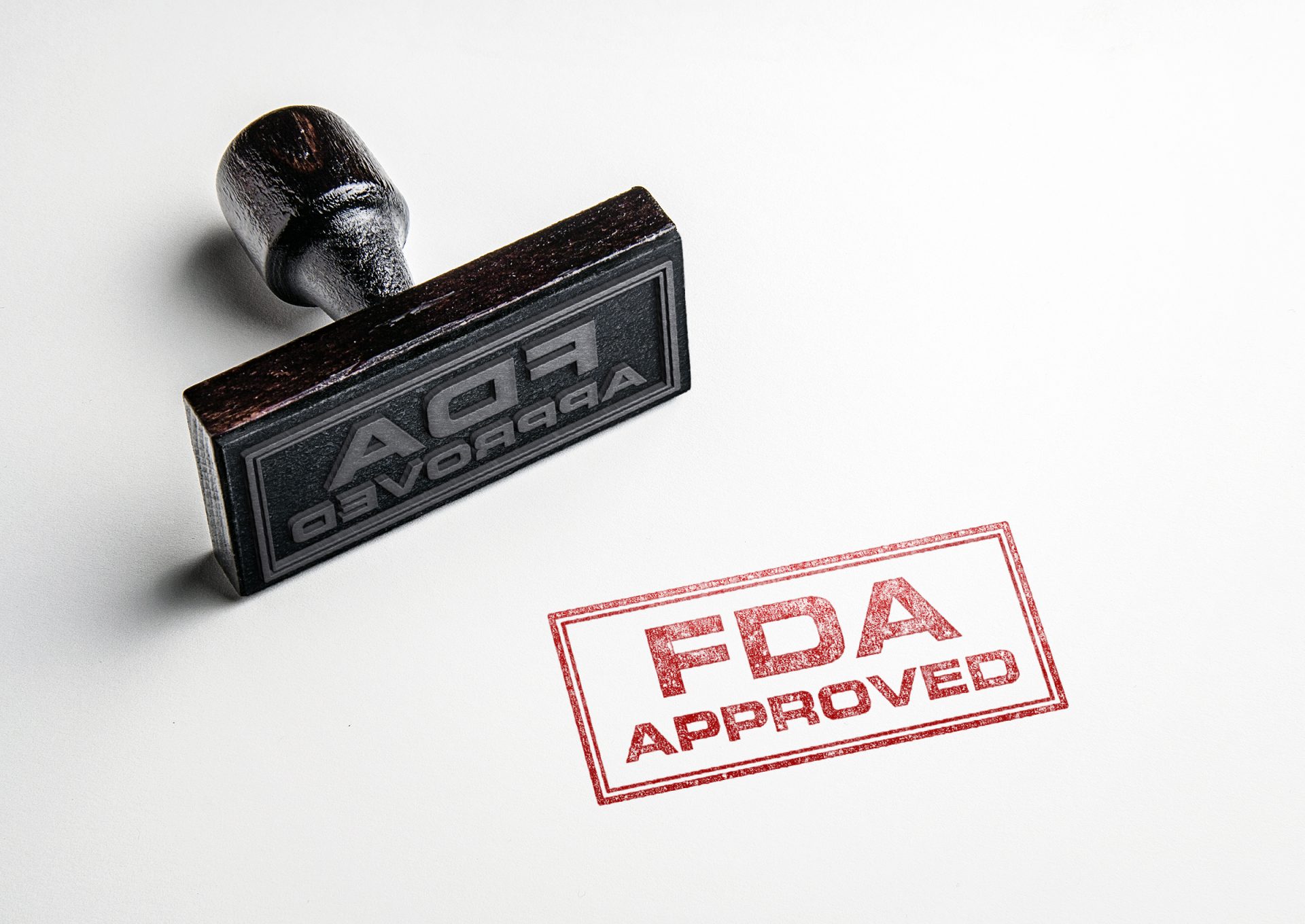In February 2022, Robert M. Califf was confirmed as the FDA Commissioner for the second time. A seasoned physician and leader who is late in his career, one can expect that his term will be impactful and influential. Advancements in medicine have required a faster approval process from the FDA while at the same time taxing payers financially and demanding robust evidence from manufacturers. To address the challenges of our time, Califf has formulated several priorities, including 3 priorities of interest: creating a much more effective evidence-generation system, improving the handoff between the FDA and payers, and reforming the accelerated approval pathway.1,2 These topics go hand in hand, as improvements in the evidence-generation system may also lead to improvements in confirmatory trials for drugs approved via the accelerated approval pathway. At the same time, manufacturers will need to rapidly evolve to changes in the evidence-generation landscape to ensure that they are generating evidence that will satisfy the FDA’s requirements, especially for accelerated approval, while ensuring timely and impactful communications of this evidence to payers.
Dr. Califf is looking to improve our system for evidence generation, including using more real-world evidence (RWE) and building on the modernization and expanded use of different types of clinical trial design.3 With improved real-world data sources comes the tremendous potential for real-world evidence, and Califf discussed how we need a nomenclature and compendium on real-world evidence and clinical research to align stakeholders and ensure high-quality studies.2 Payers have historically placed more weight on traditional randomized controlled trials but are beginning to appreciate the value of additional types of evidence. RWE will be important to payers and will aid in their evaluation of therapies throughout the product lifecycle. One area where RWE may be extremely valuable will be to monitor the safety and efficacy of gene therapies over many more years than the original clinical trial setting. Since payers are less comfortable with RWE, they may need additional education on the types of RWE study design, data sources, and how randomization is used. With increased use and understanding of the benefits of RWE, this may open up additional opportunities with payers for value-based agreements. Collaboration between the FDA, CMS, private payers, and the pharmaceutical industry will also be important to develop infrastructure and standards to generate novel types of evidence.
Califf commented on the current evidence-review process and stated, “The way the US system works, the FDA is in a relay race where it runs the first lap and then it drops the baton at the end of the lap in the dark and then CMS and payers have to figure out where the baton is, pick it up, and start over again. We ought to be running side by side for the last quarter of a lap or certain number of yards so the transition of evidence need is more continuous.”2 Although payers are allowed to have Pre-Approval Information Exchange (PIE) conversations with manufacturers, recently proposed legislation to enhance the PIE process may allow better evidence handoffs and help payers be more prepared at the time of the approval to improve the speed of patients being able to access these therapies.4 Additional opportunities for collaboration between the FDA and payers, including CMS, on evidence transfer may facilitate more timely market access.
With recent controversial accelerated approvals as well as indication withdrawals when confirmatory trials failed to show clinical benefit, payers continue to have hesitancy about reimbursing for drugs approved via the accelerated approval pathway. There is uncertainty regarding the value of these therapies and concerns about if and when additional evidence will be available. While reform related to
accelerated approvals was included in the prescription drug user fee reauthorization legislation, it was omitted from the final bill.5 Improvements in the accelerated approval process, including speeding up the timeframe for confirmatory trials by figuring out a pragmatic way to collect confirmatory data more efficiently, would be welcome to payers but may put additional evidence-generation pressures on manufacturers unless novel ways of evidence generation are embraced by the FDA and payers. Manufacturers will look to collaborate with the FDA on new and improved ways to conduct confirmatory trials to increase efficiency and speed to keep research and development costs, and corresponding drug prices, down.
It is an exciting time in medicine with so many potential breakthrough therapies on the horizon. Improved evidence-generation processes will facilitate patient access to novel therapies in a more efficient manner, but it will be important to ensure a seamless transfer of evidence to payers to ensure timely access decisions. As more novel therapies are approved via the accelerated approval process, payers will be looking for assurance that confirmatory evidence will be generated promptly. It will also be important for manufacturers to conduct evidence-gap analysis prelaunch and throughout the product life cycle to ensure that evidence-generation projects will meet payer needs. As new evidence is generated in novel ways across the product lifecycle, communication with payers, including education about RWE and other novel study designs, will be critical in ensuring market access.
References:
Brennan Z. Editorial: With Califf confirmed, FDA needs to return to priorities lost to the pandemic and improve its messaging. Endpoints News. February 16, 2022. Accessed October 31, 2022. https://endpts.com/editorial-with-califf-confirmed-fda-needs-to-return-to-priorities-lost-to-the-pandemic-and-improve-its-messaging/
Weil A. Policy Spotlight: One-on-One with FDA Commissioner Robert M. Califf. YouTube. August 3, 2022. Accessed October 31, 2022. https://www.youtube.com/watch?v=jXXIN0sJpiQ
Bushak L. The FDA’s upcoming clinical research revamp. MM+M. November 29, 2021. Accessed October 31, 2022. https://www.mmm-online.com/home/channel/regulatory/the-fdas-upcoming-clinical-research-revamp/
Brennan Z. Congress mulls softer accelerated approval reforms as part of user fee reauthorizations. Endpoints News. May 5, 2022. Accessed October 31, 2022. https://endpts.com/congress-mulls-softer-accelerated-approval-reforms-as-part-of-user-fee-reauthorizations/
Cantrell S. A simple way to safely accelerate patient access to new therapies. Health Affairs. October 7, 2022. Accessed October 31, 2022. https://www.healthaffairs.org/content/forefront/simple-way-safely-accelerate-patient-access-new-therapies


